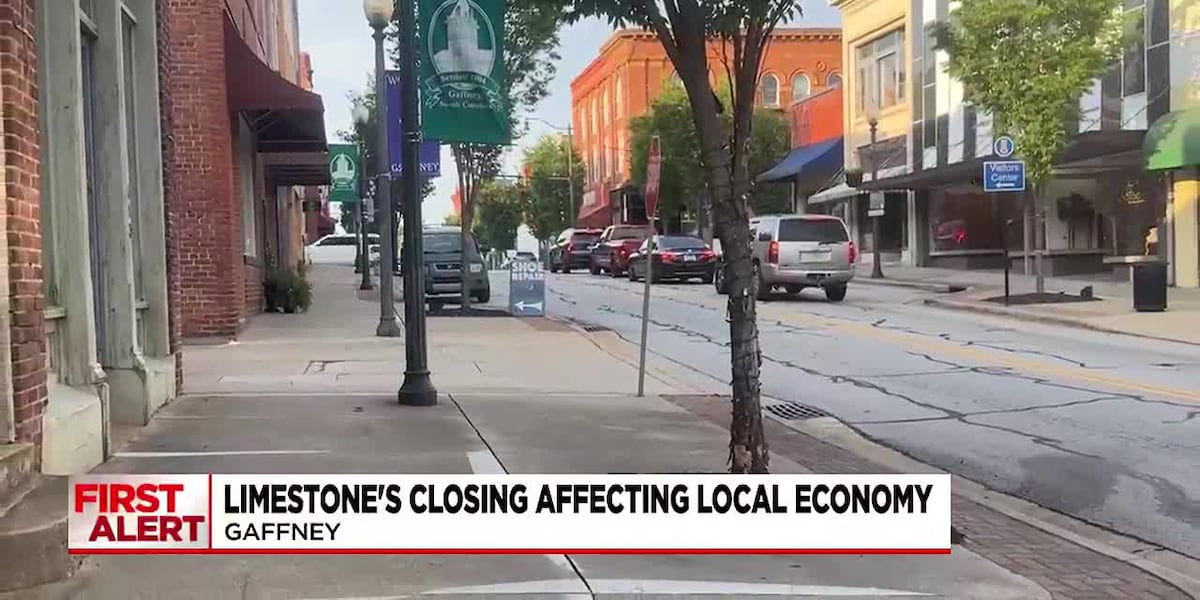
E-Commerce Showdown: Temu's Bold Move to Win Over American Sellers Amid Trade Controversy
In a strategic pivot, the popular shopping platform is reimagining its US operations by transitioning to a localized fulfillment approach. This significant shift comes at a critical moment when tariff exemptions for low-value Chinese imports are drawing to a close. The move signals a proactive response to changing economic landscapes and trade regulations. By adopting a local fulfillment model, the company aims to streamline its supply chain, potentially reducing shipping costs and delivery times for US customers. This approach not only addresses potential tariff challenges but also demonstrates the platform's adaptability in a dynamic global marketplace. As trade policies continue to evolve, this strategic realignment positions the shopping site to maintain competitive advantage and operational efficiency. Customers can expect more localized, potentially faster, and potentially more cost-effective shipping solutions in the near future. The transition represents a forward-thinking approach to navigating the complex terrain of international e-commerce, showcasing the platform's commitment to innovation and customer satisfaction.









